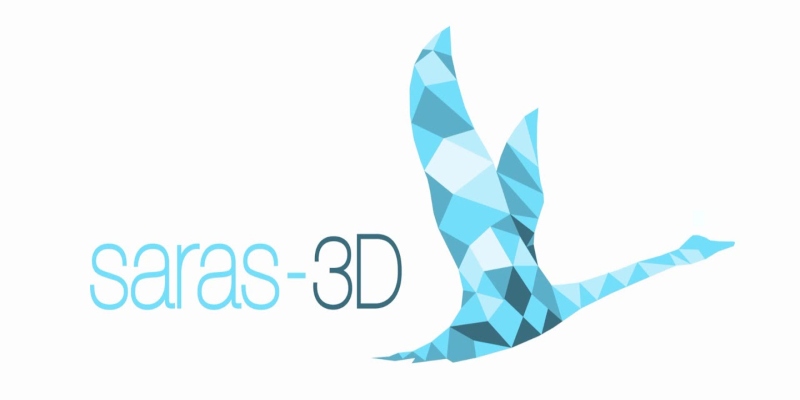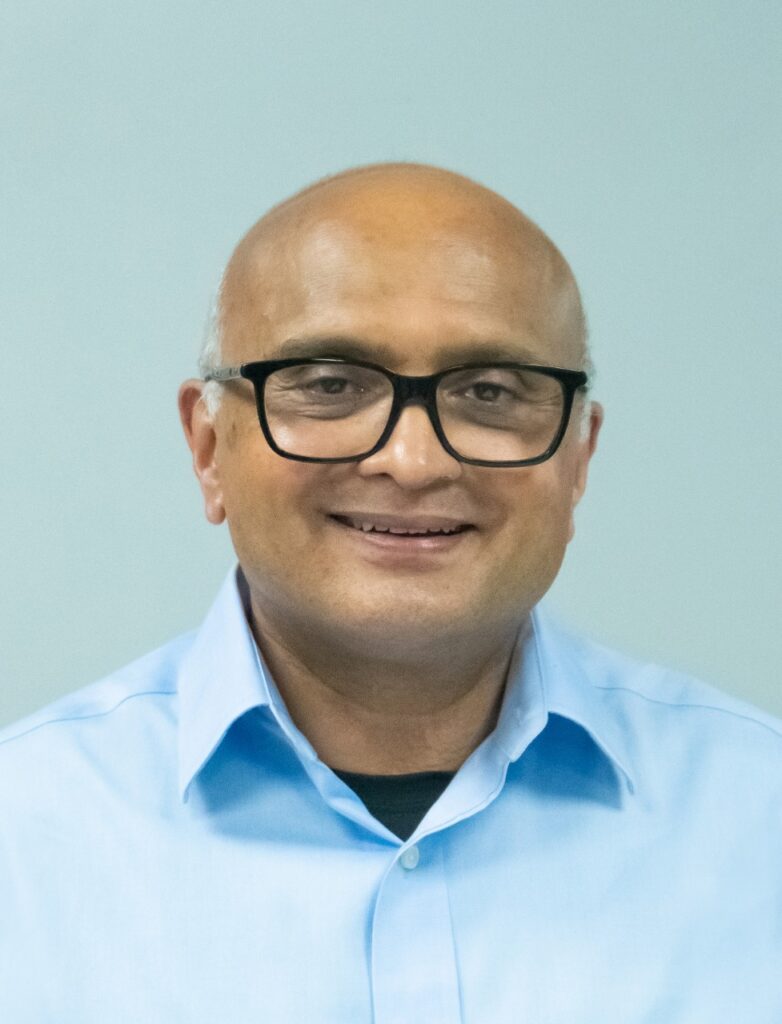
Technological advancement has taken over the field of education and stereoscopic learning is one of the emerging technologies. Although it is not a new concept, it is at a nascent stage in India.
With a question in mind on how to provide a tool and solution to aspirational students, the management of Pennsylvania-based Saras Inc. (Saras 3D) decided to venture into the business of stereoscopic education. They wanted to provide a tool that can help kids move to the next level of socio-economic success besides making education democratic which can be accessed by anyone irrespective of their income or habitation.
Saras Inc. (Saras – 3D) CEO Vijay Albuquerque talks in length with Animation Xpress about the work the company does, their sponsorship program, creation of 3D videos, future plans and much more.
Investment in a business like this is crucial and the 3D edtech company received an investment of about seven million dollars which they used to develop the product and technology that they provide to schools and students. Albuquerque said, “We are careful with the money that we raise and spend, and we are getting ready to further raise two million dollar funds.”
These funds will help them revolutionise education in India in two ways. One, they will provide teachers and students with quality education through their 3D learning technology. They’ll be partnering with teachers for the content while giving them the training to operate the tool. Second, the tools that students use in school would be made available in a way that they can use at home which will further advance and accelerate their learning.
In this 3D learning technology, the lessons are in tandem with the curriculum of schools in Gujarat and Maharashtra, specifically for students from ninth to 12th-grade. They have lessons in maths and three branches of science – Physics, Chemistry and Biology. There are levels in the courses where the basic ones include what’s in the curriculum. One can go beyond that but that is up to the teachers as their technology acts as a tool which gives teachers the best quality content that can be passed on to the students. The management of the company does believe that early education brings direction and builds a strong foundation in students’ lives, but as of now, they are not focusing on the education of primary section students. They also believe that science, technology, engineering and mathematics (STEM) education is very important as it creates more scientists, doctors, engineers and technologists that the country needs. Their product is also developed as per the needs of STEM, hence they do not intend to offer education in other subjects.
Currently, 13 schools in Gujarat have this technology and Charusat University, which is Saras’ partner, is managing the company’s sponsorship program with these schools. Talking about the sponsorship model, Albuquerque mentioned that Saras has three models: first one is where the school purchases system, second – the students purchase the system through school and third is for anyone who wishes to give back to the community or wants to buy a system for their hometown school. Saras Inc. has a balance of both sponsorship and paid subscription.
Albuquerque doesn’t believe that the pricing for their Genius 3D classroom system or lab is expensive. He mentioned, “Once people understand the quality of content we provide, pricing is not a discussion point.”
Pricing not being an issue, the main challenge for them was how to do 3D – on a laptop, desktop or mobile phone. Eventually, they settled on two display methods – standard display and projective display. The other thing which they focused on was the user interface and how the teachers and students can engage with the objects on a large screen.
To create content for Genius 3D classroom and lab experience, the company hired artists for their in-house video creation unit. This in-house team creates videos and content using the Unity software. Earlier they did try partnering with other studios but there are only a few studios that create content in edtech and it was difficult for the company to educate the studios on what they are doing.
Saras Inc. has rolled out this product over the years in a small environment to individual students and schools and they have had positive feedback. People are receptive to the idea of stereoscopic learning, especially the kids, who are excited to wear 3D glasses in class and interact with their classmates.
Their current focus is only on India as there is too much potential for the company to grow here. But they are working outside India on a small scale. They have an engagement with the school district in Philadelphia, U.S. and a couple of educational experts who are working on quantifying educational methods.
Currently, their 3D learning content is available in a projector-based system and on a monitor. The team is working on the advancement of hardware in future. Albuquerque concluded by sharing, “We are looking at other products like Chromebook and similar products and how to make our product accessible. We also plan to make our solutions more portable in future which can be done by adapting a monoscopic solution that is the usage of a phone for 3D learning. We want to make more use of mobile phones instead of laptops for learning as mobile is becoming more powerful. Basically we want to ensure our product is convenient to use at a price that meets market requirements.”

